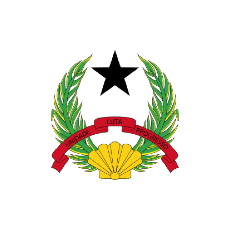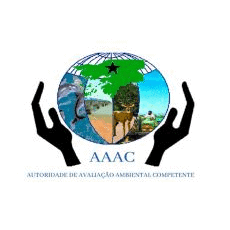Reducing plastic pollution in Guinea Bissau
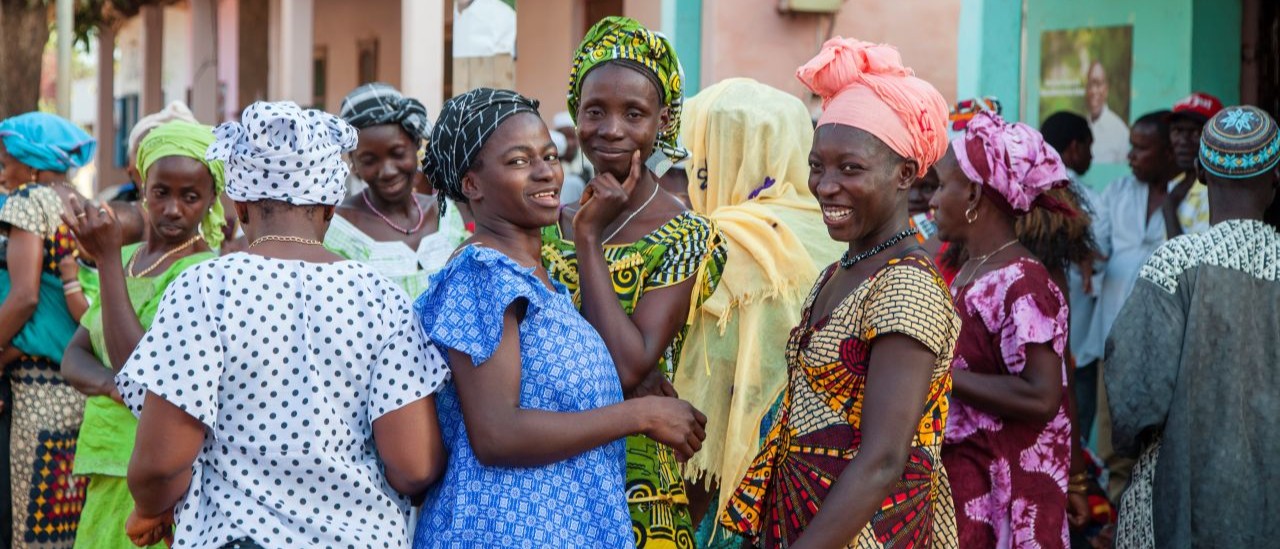
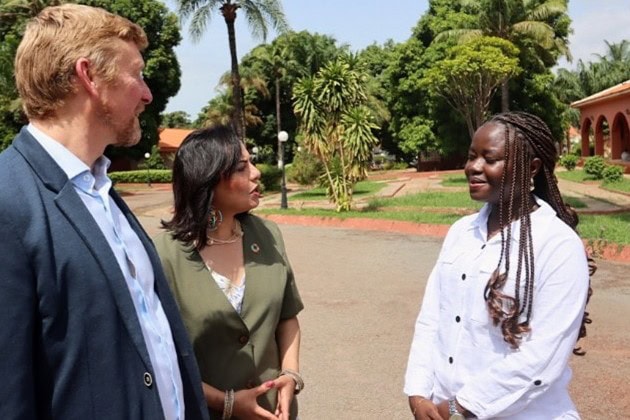
“Walking through Bissau’s markets, you see how deeply plastic is woven into daily life – cooking oil and spices repackaged into small sachets, and bottles, Styrofoam left behind in the busy streets. At Safim landfill, children pick through burning piles of waste for recyclables.
These scenes remind us that plastic pollution here is not only an environmental crisis, but also a human one.
Common Seas is working with the Ministry of Environment, Biodiversity and Climate Action (MABAC), IUCN, and the National Committee to Combat Plastic Pollution to co-create Guinea-Bissau’s first National Action Plan to End Plastic Pollution.”
Faryal Gohar, Project Manager
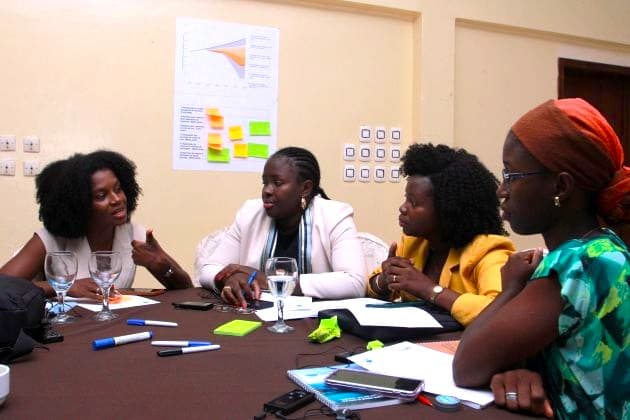
Our progress
Following a signing ceremony at treaty negotiations in Busan, the project with Guinea-Bissau has made excellent progress. Working with our local partner IUCN, we’ve completed the data-gathering phase, and the baseline modelling and initial analysis of the policies with the greatest potential impact. We presented the policy analysis at a national workshop in June. Senior Researcher, David Lerpiniere described the workshop:
“I’ve participated and facilitated quite a few events like this, but I can honestly say that this is the most committed and tenacious group I’ve had the pleasure of working with. No one wanted to end the discussion on how we can turn evidence into action to tackle plastic pollution!”
Next steps
We’re finalising the National Action Plan report, which will be presented to the National Committee to Combat Plastic Pollution for their review.
Our supporters
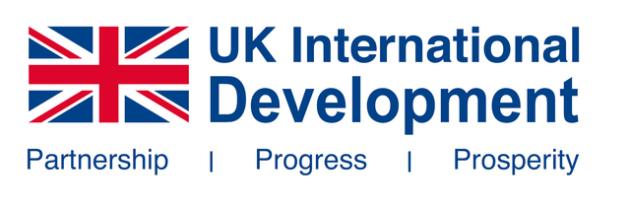
Supported by funding from the UK Government through UK International Development, Common Seas is partnering with five Small Island Developing States (SIDS) to develop National Action Plans to tackle plastic pollution.
As part of the Sustainable Blue Economies Programme, this critical funding will allow us to develop and scale an approach tailored to the unique challenges and needs of SIDS, which are disproportionately affected by the plastic crisis. The project is supporting partner governments to radically reduce ocean plastic in their countries over the course of ten years and contribute to a sustainable blue economy.
Our partners
